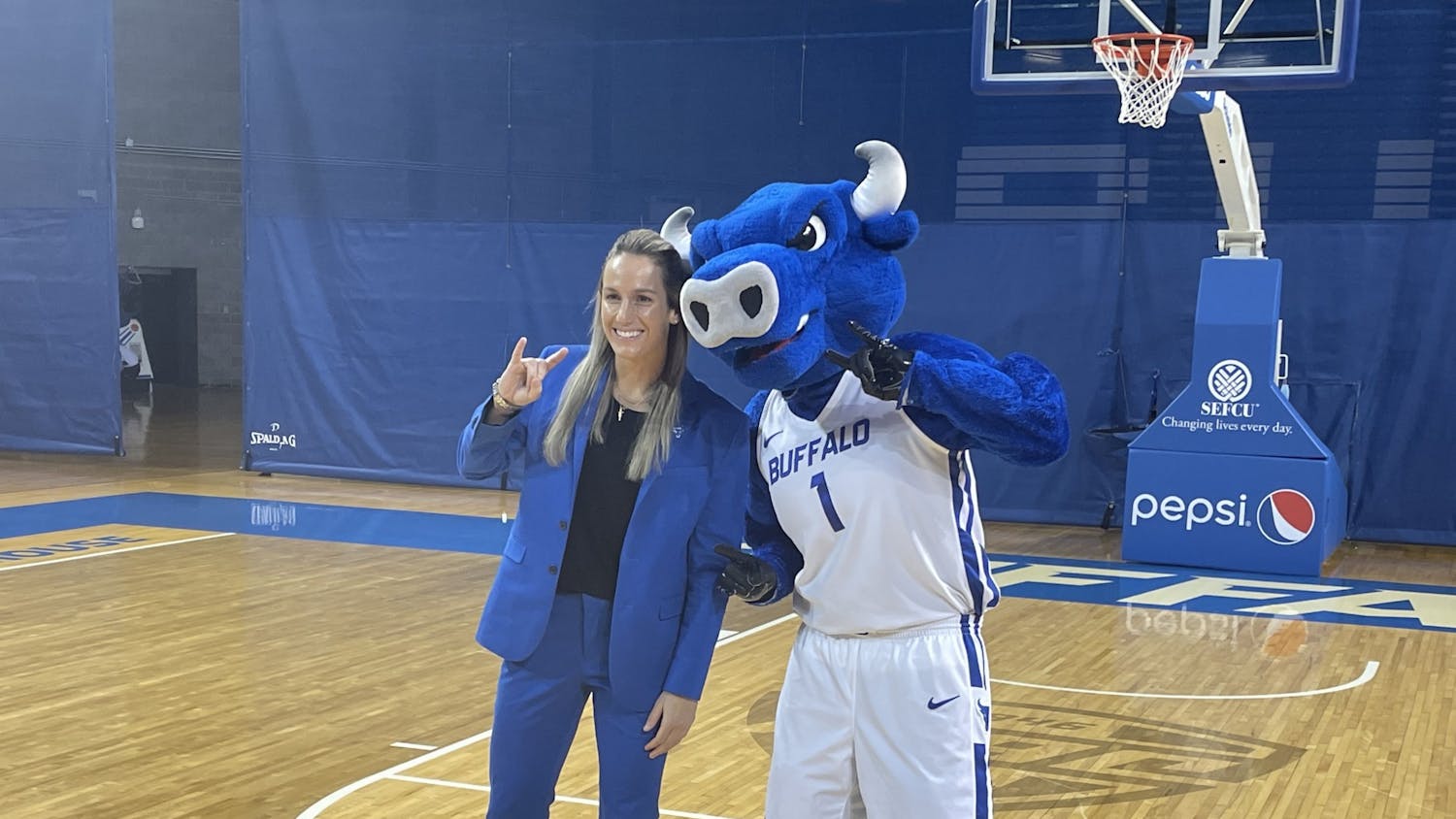The Lighthouse Free Medical Clinic, a student-run nonprofit clinic, provides free healthcare to the uninsured and underserved communities in Buffalo, New York.
But they have another mission, too: Every Wednesday, the clinic delivers food boxes filled with “locally sourced” produce directly to some of its patients’ homes.
Through a partnership with Fresh Fix, a local food box delivery company, Lighthouse Clinic is able to provide its patients with access to fresh foods, combating “time insecurity” and “limited access to fresh foods.”
According to Cornell University, approximately 42% of residents on Buffalo’s East Side reported being food insecure, and 45% of those in that category don’t own a vehicle.
“This is something that we as a city take for granted,” Mary Reed, the allied health manager at Lighthouse, said. “We don’t fully understand the struggles of the people that are out there. I live down the street from the grocery store, when in reality, a lot of people don’t.”
When patients go to the clinic for an exam, they are screened for food insecurities. According to Jessica Kruger, a community health professor and clinic volunteer, the patients are often “dealing with multiple challenges,” including access to healthcare in general.
When it first opened in 2001, the clinic was located in the basement of a church, but it now operates out of a pediatric clinic.
The organization is composed of students from the UB Jacobs School of Medicine and Biomedical Sciences, community health workers, physicians and professional students from allied programs.
“I think a lot of people have the misconception that a free clinic is for poor people or for people who don’t work and don’t have insurance and things like that,” Reed said. “The reality is the free clinic services many people from all different socioeconomic statuses. It’s not just giving them [patients] specific services but also connecting them with other resources in the area. ”
The clinic aims to “take a holistic approach to health care” by providing legal counseling, health insurance information and insurance enrollment assistance in addition to medical services.
Lighthouse is the first of its kind in the country to build a medical-legal partnership between medical students and student attorneys.
“We also help people with access to employment which allows them and their families upward mobility,” Kruger said. “Without these services, and this team, it would be really challenging to achieve this.”
The FoodBox Program relies on public donations, with the majority of its funding coming from the clinic’s annual gala, which raised just under $30,000 this year through raffles and an auction.
The FoodBox Program also received funding from the Council on Advocacy and Leadership (COAL) Programming Grant, which provides recognized student organizations with money for new programs, expanding existing programs or producing publications.
Suha Chowdhury contributed reporting to this story.
Kiana Hodge is a news editor and can be reached at kiana.hodge@ubspectrum.com





